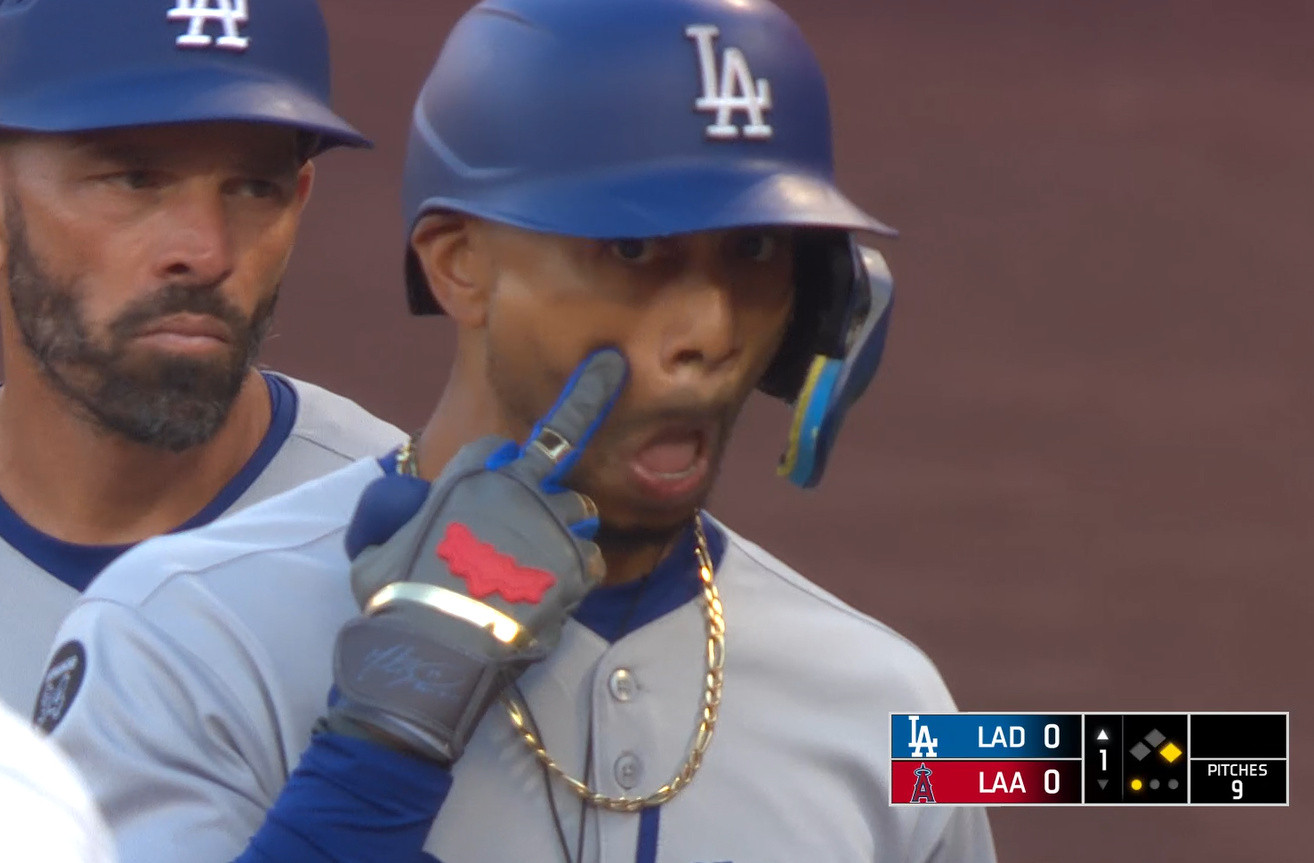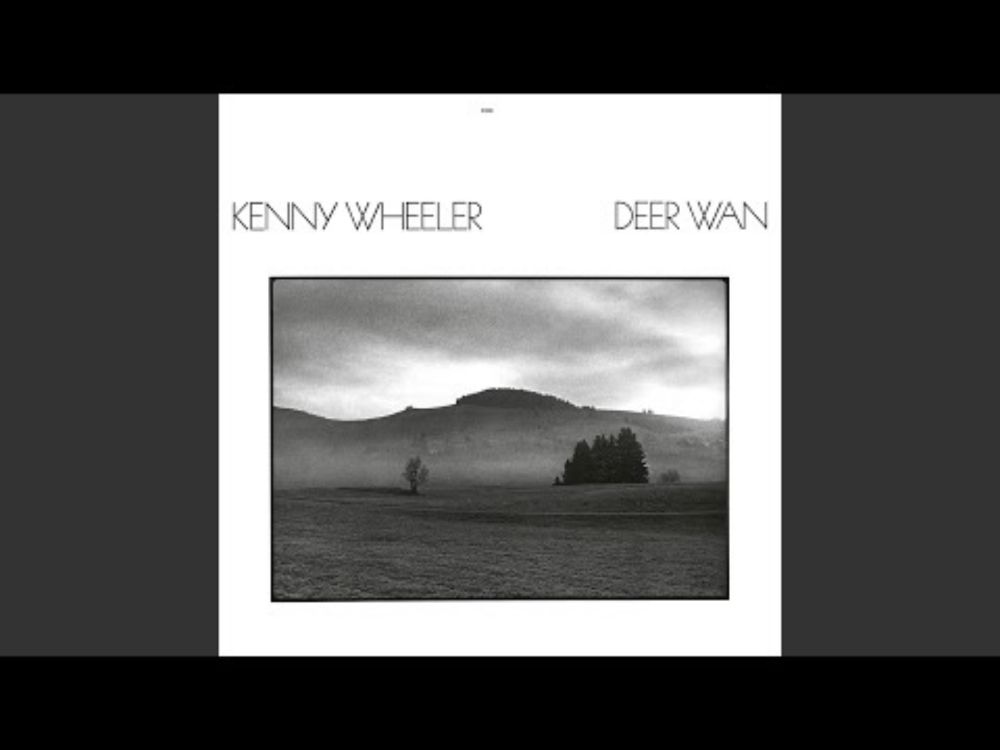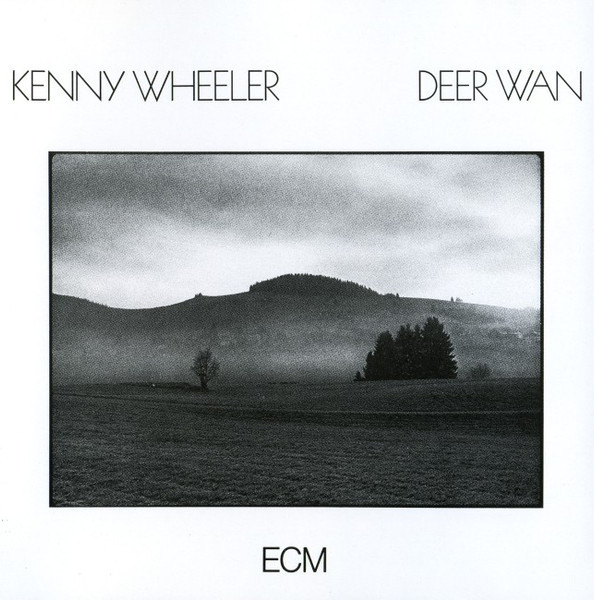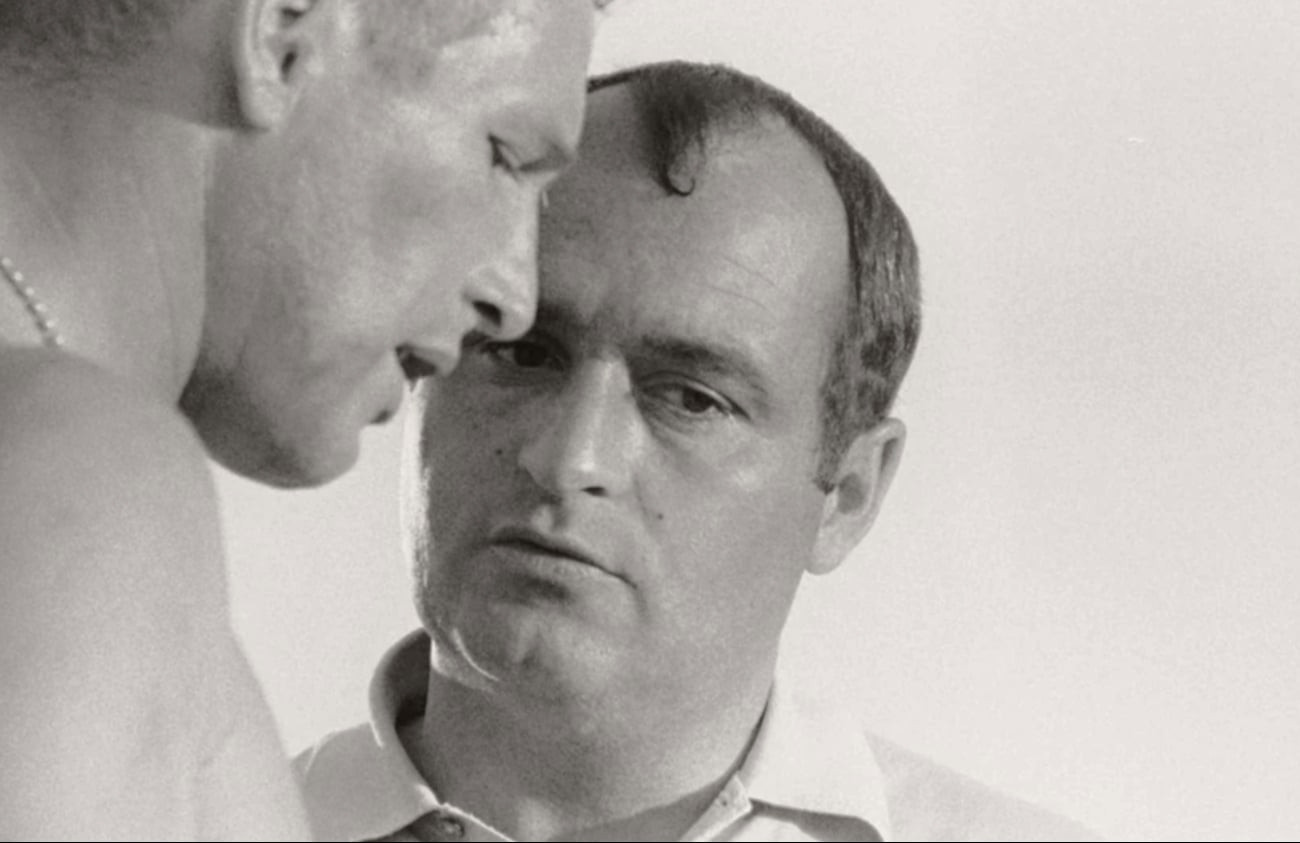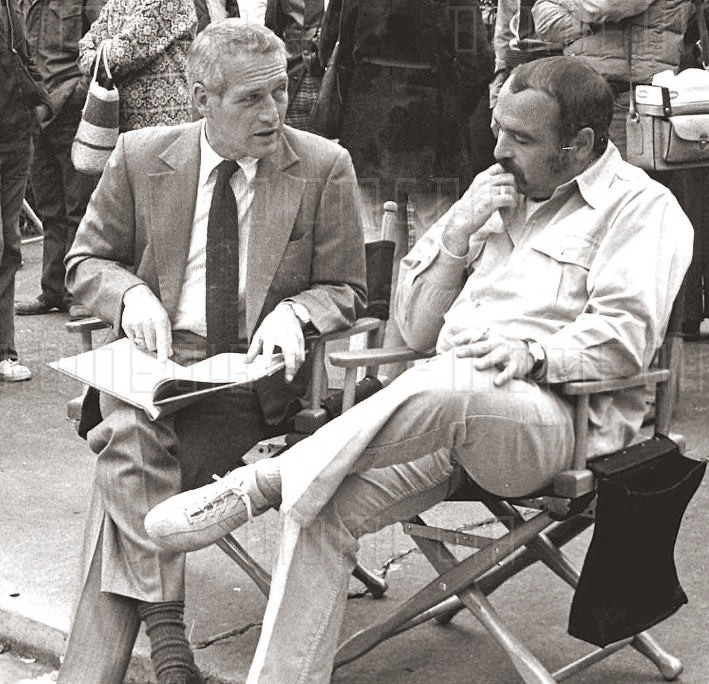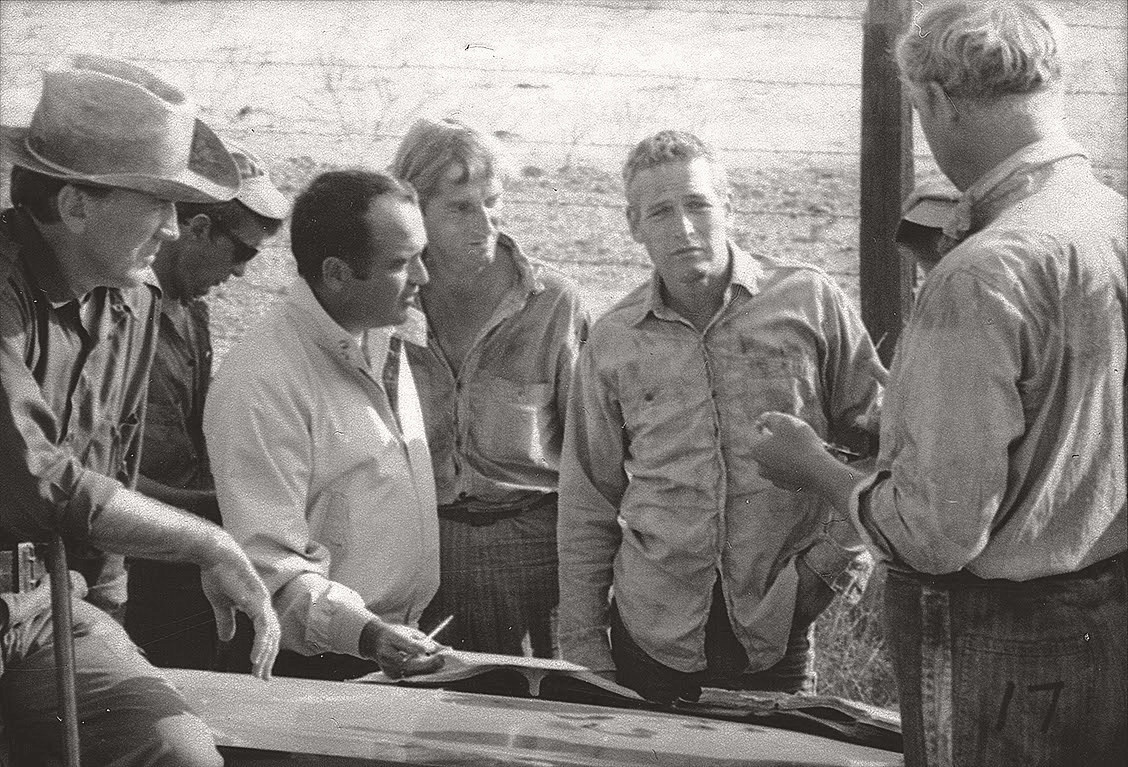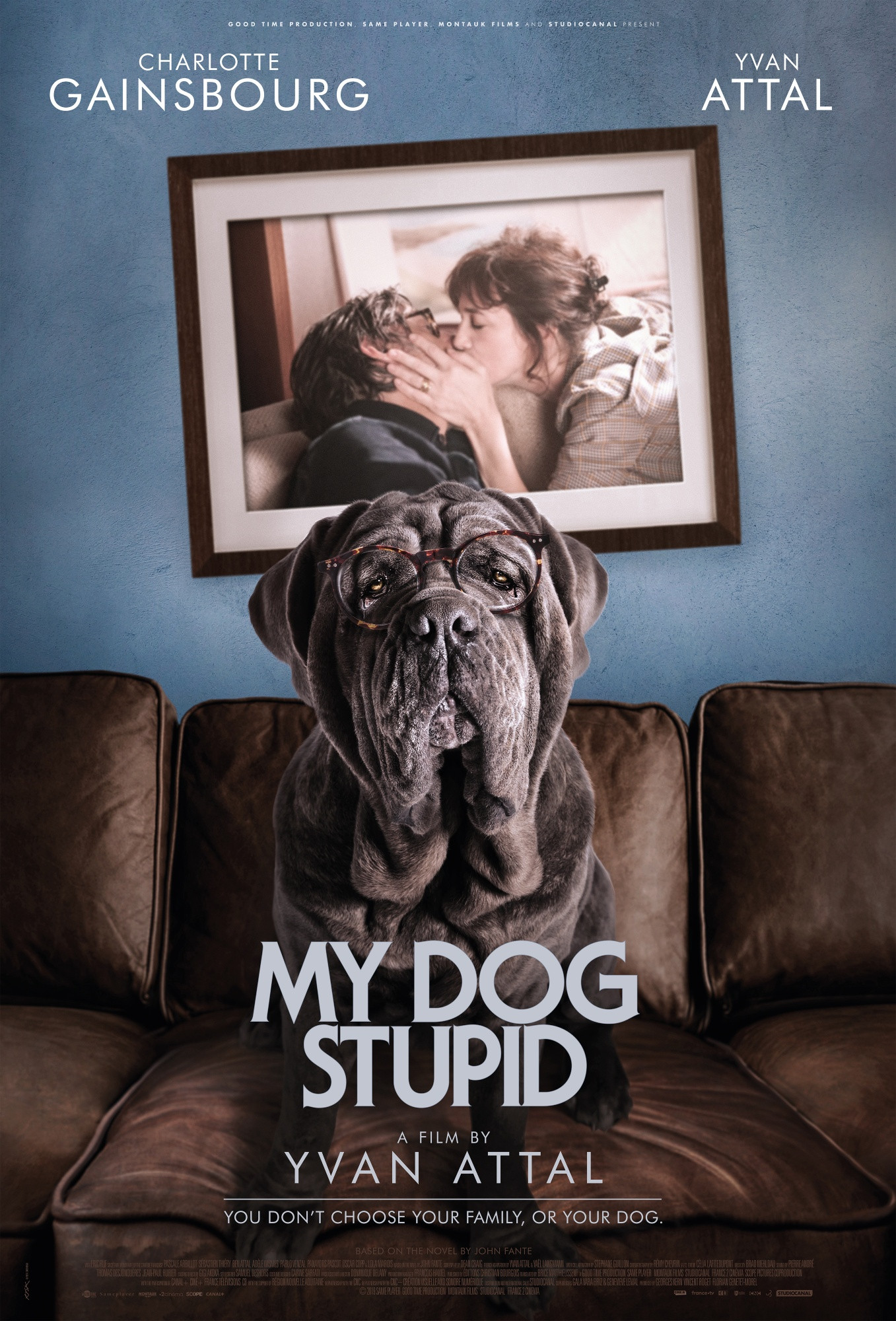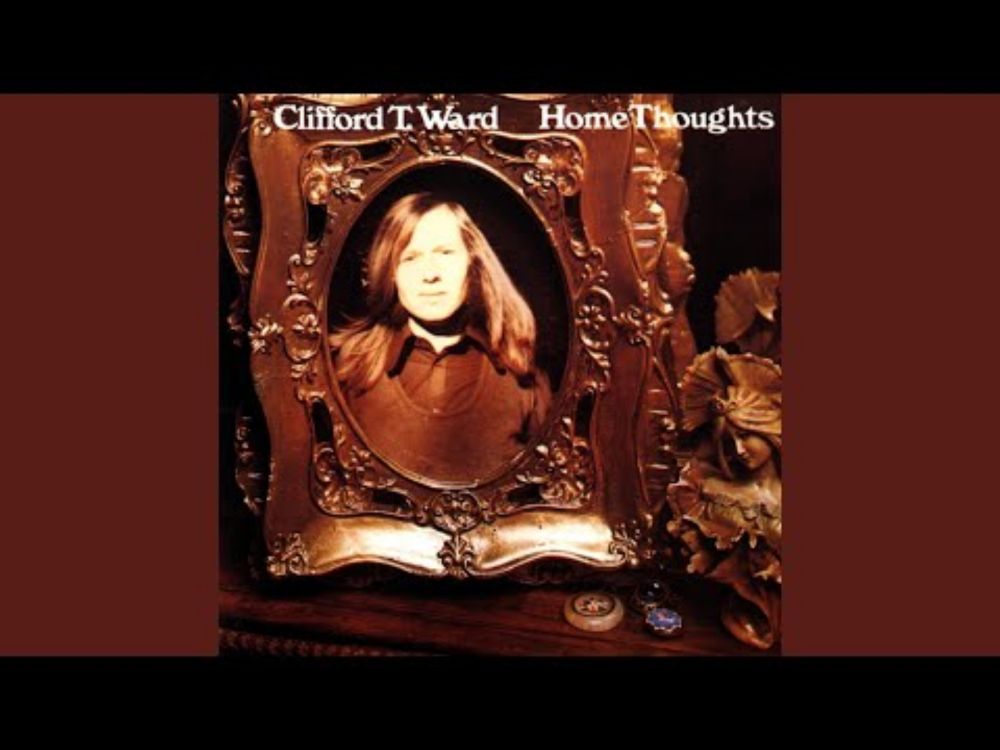These umps need to start having money taken out of their paychecks for bad calls.
Bryan Thomas
@munkiman.bsky.social
2099 Followers
1652 Following
Here for posts on: Music. Films. TV Shows. Writing. 20th Century Fiction/Poetry. Art. History. Science. Humor. Progressive Politics. Photography. Nature. Ecology. Hippies. Navel-Gazing Existentialism. Baseball. Women. (Not Always In That Particular Order)
Statistics
-
-
Mookie to social media:
-
Sumother Song
YouTube video by Kenny Wheeler - Topic
-
3/4 In The Afternoon
YouTube video by Kenny Wheeler - Topic
-
#OneAlbumADay; Been writing today and this album by Kenny Wheeler (trumpet & Flugelhorn) helped clear angry thoughts after Trump's morning press conference. He's backed here by a solid quintet w/o any piano: Ralph Towner, Jan Garbarek, John Abercrombie, Dave Holland & Jack DeJohnette. More: alt text
-
Remembering film & TV director Stuart Rosenberg, born August 11, 1927, Brooklyn, NYC (d. March 15, 2007). Favorite films include Cool Hand Luke (1967), The Drowning Pool (1975), The Laughing Policeman (1973), Pocket Money (1972), and The Pope of Greenwich Village (1984), among others. More: alt text
-
I had no idea that there was a French film made from John Fante's novella "My Dog Stupid" (from West of Rome, a Black Sparrow collection published posthumously in 1986) but I don't know if I'm in the right headspace for dumb dog movie. I remember liking Fante's story, though. Have you seen the film?
-
Question: America. Answer: (see below)
Oblique Strategy of the Day… #BrianEno #PeterSchmidt
-
Time The Magician
YouTube video by Clifford T. Ward - Topic
-
Cold Wind Blowing
YouTube video by Clifford T. Ward - Topic
